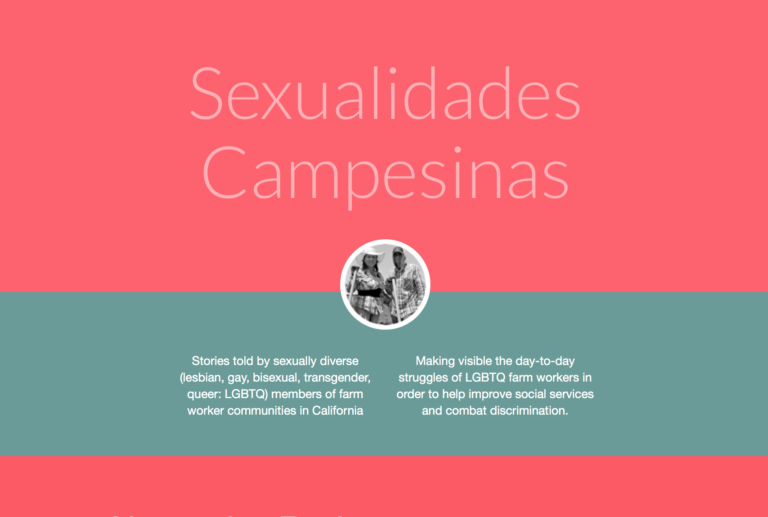We begin with the question “what do we want to keep that the pandemic has given us?” Largely co-written in 2021, this reflexive essay serves as a snapshot in time, at one stage of the pandemic, reflecting upon earlier, shared experiences at one institution of higher education. We locate each of our identities and positionalities in that space and beyond. Our essay uses Moya Bailey’s 2021 discussion of an ethics of pace to frame our thinking and collective memory work and to counter what we identified as the distinct efforts of institutions of higher education to not have places for institutional memory. We articulate that without memory places, it is impossible to build both a history of justice work in institutions of higher education and accountability that this justice work is seen through. And we ask, how are we to build justice and healing in higher education when the place is designed so that we can’t remember things, and when there seems to be a goal to not have institutional memory that remembers how, why, and by whom justice work is done? We answer the question: “what do we want to keep that the pandemic has given us?” with this: “the pace and place to remember.”
Keyword: ethics
Killer Drones, Legal Ethics, and the Inconvenient Referent
I offer a close reading of the legal and political discourses by means of which the United States government recently has sought to legitimate its use of weaponized drones to carry out targeted assassinations of suspected anti-U.S. combatants abroad. Situating my analysis in the context of philosophical approaches to the problem of truth and linguistic reference, I examine official government speeches, legal documents, and reports of civilian casualties. My semiological critique of these texts is carried out both within and against the “humanitarian” framework of just war theory, my dual approach being necessitated by the twofold strategy of the government’s justificatory rhetoric: on the one hand, the government’s public discourse distorts the accepted meaning of certain unambiguous and pragmatically functional legal signifiers (the jus ad bellum use of terms such as self-defense, imminence, and necessity, for example); on the other hand, it exploits the uncertainty that is endemic to some of those very same terms (necessity and proportionality in particular) when they are used to refer to the jus in bello quantification and valuation of incommensurable variables—of, typically, a particular number of civilian casualties relative to the amount of “military advantage” to be derived from the attack that “unintentionally” produces those casualties.
Ethics, Collaboration, and Knowledge Production: Digital Storytelling with Sexually Diverse Farmworkers in California
This article outlines the digital storytelling methods used for a community based research project focused on issues of sexuality among California farmworkers: Sexualidades Campesinas. We note how our process of collaboration in the creation and production of digital stories was shaped by the context and our envisioned storytellers. We then offer a critical analysis of our own unique experience with digital storytelling in this project, focusing on a handful of concepts key to understanding the nature of our collaborative production process: community, affect and collaboration, storytelling, performance, and mediation, with an eye to the problem of ethics.


